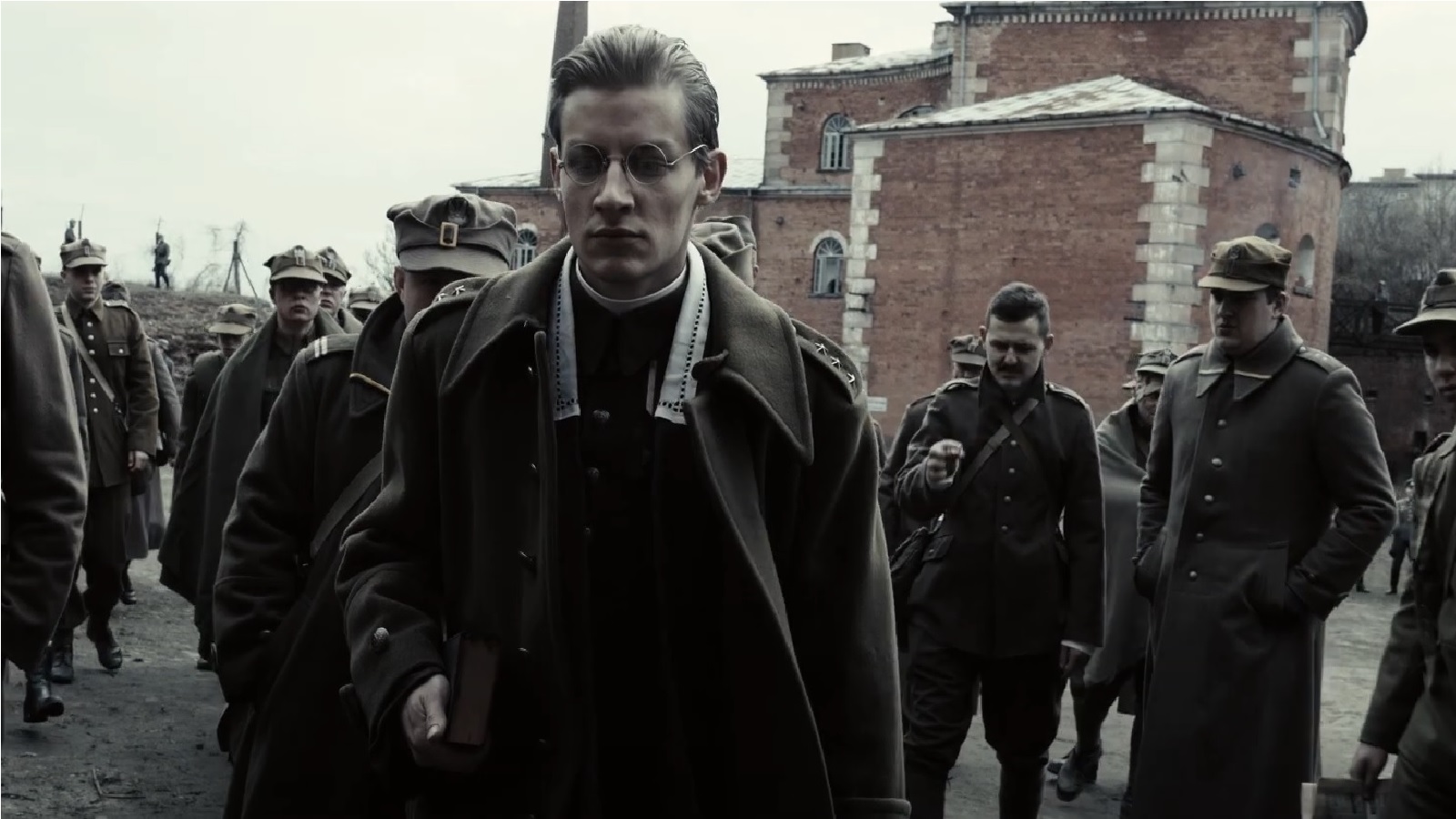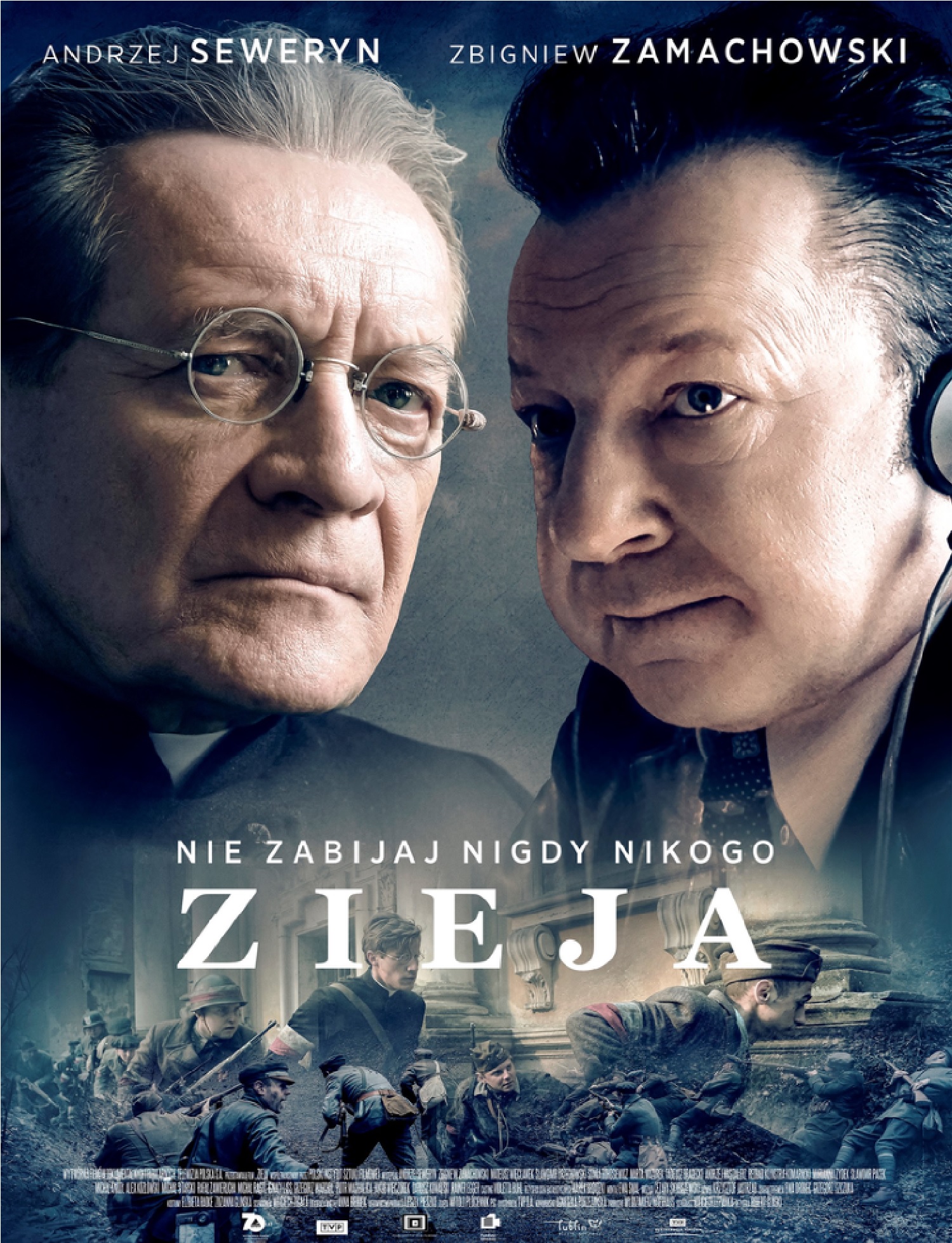

Truth makes free (Zieja)
- Tickets online verkrijgbaar
- Tickets gemakkelijk te annuleren
- Pin only
- 110 minutes | English subtitles
-
-
- [new label:Genres.Name.Poolse Film]
The 70s. A Security Service Major wishes to "buy" gullible priest Zieja and turn him into an agent who will discredit the opposition. The priest's interrogations become a natural pretext for a journey through the history of Poland in the twentieth century: from the Bolshevik war of 1920, through World War II, up to modern times. It turns out that the seemingly naive Father Zieja is actually a clever rebel. The world he lived in was unacceptable to him. He was ahead of his time. A lonely journey without a passport to Rome in the 1930s turned into thoughts of a European Union. Performing the Catholic funeral rites of a woman who committed suicide (during the 20s of the past century) was an protest against the church's rules. Proclaiming the slogan "never kill anyone, not even your enemies" during the Second World War, was against patriotic mythologies and foretold future pacifist attitudes. Zieja puts his life and freedom on the line in the name of moral, ethical and religious values in which he believed. The film "Zieja" is rooted in the movement of Polish Catholicism, which is based on high ethical standards, poverty and tolerance, as well as respect and love for other human beings.

